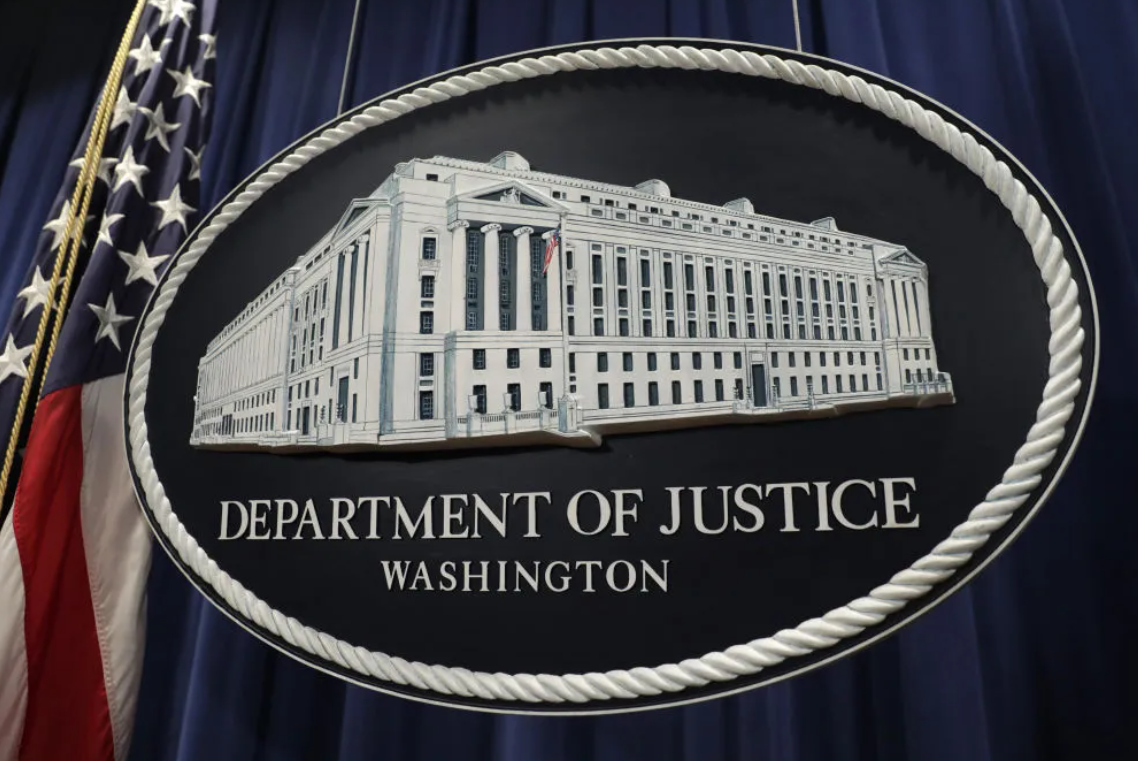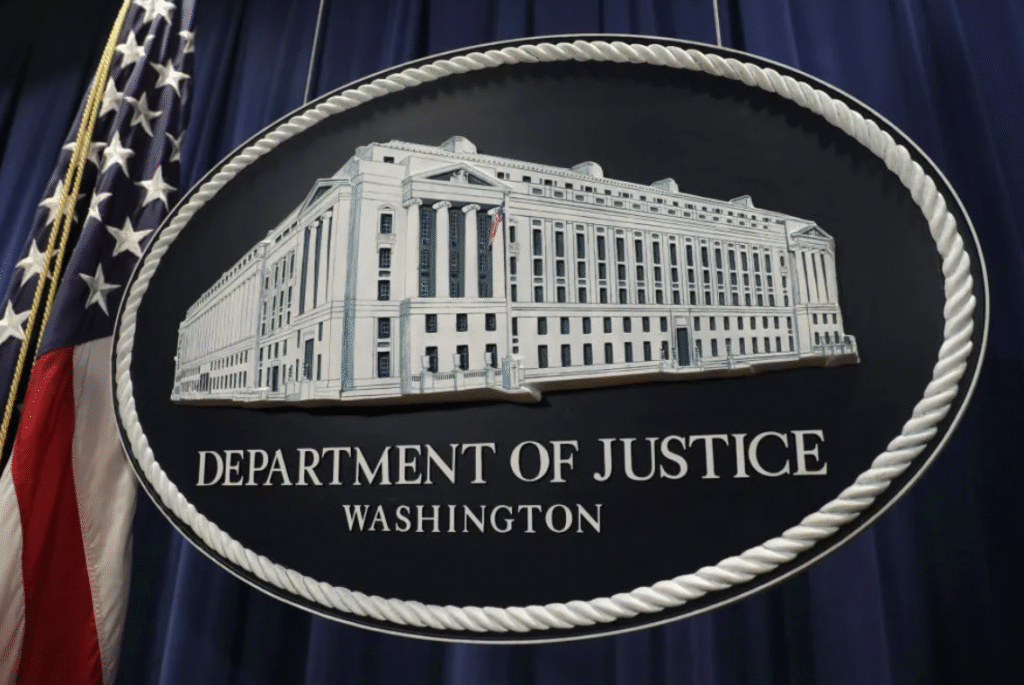
ATTORNEY Elizabeth Loeb of the U.S. Department of Justice-Environmental Enforcement Section has asked the federal court to look into the Commonwealth Utilities Corporation’s compliance with Stipulated Order 1 during the status conference hearing on Jan. 27.
Loeb wants the court to pay special attention to how “CUC should address arrears from key customers (the hospital and CNMI government), deficiencies in the operation and maintenance of the drinking water system, and continued lack of revised procurement procedures.”
In November 2008, after the Environmental Protection Agency cited CUC for violating the Clean Water Act and the Safe Drinking Water Act, the federal court issued Stipulated Orders 1 and 2.
SO1 focuses on CUC’s management structure, drinking water and wastewater issues, while SO2 pertains to oil issues.
Longstanding problem
In a 28-page status report, Loeb said a longstanding problem is that CUC has not been billing customers for a significant percentage of its produced drinking water.
“CUC has recently told the United States that it estimated that non-revenue water remains at approximately 60%, meaning that only about 40% percent of drinking water produced, pumped, and treated by CUC is being billed to customers and generating revenue. The reasons for this loss include leaks, water theft, and failed water meters,” she said.
“The costs associated with the lost water is passed on to paying customers and is particularly worrisome because of the high costs involved in treating water that is never consumed,” Loeb said,
Regarding illegal water connections, Loeb quoted CUC as saying that the CNMI attorney general has “successfully prosecuted one case of water theft in the last year.”
“There are also several other cases presently being investigated by the Attorney General’s office,” she added.
She said a related issue is the failure of certain customers to pay their bills in a timely fashion.
“In particular, the CNMI government and hospital owe CUC tens of millions of dollars for CUC services (wastewater treatment, drinking water, and power),” she added.
Arrears
According to her report, at the last status conference, the CNMI government pledged to timely pay its utility bills in the future and to pay off the pre-2024 arrears in various increments and arrears that accumulated from January through August of 2024.
“CNMI paid off the pre-2024 arrears according to the payment terms agreed to at that conference. However, more arrears accumulated from utility usage in February through August of 2024, because CNMI did not, as pledged, timely pay those 2024 utility bills,” Loeb said.
“In September of 2024, CNMI paid off those arrears but new arrears of over $1.1 million accumulated for utility usage from September through November 2024. On December 31, 2024, however, CNMI and CUC entered into a memorandum of understanding under which CNMI will pay CUC $2.9 million to offset the outstanding arrears as well as the $2.4 million in penalties for the 2024 arrears,” Loeb said.
The U.S. government, CUC, and the CNMI government have had numerous telephone conferences about the ongoing payment issues, Loeb said.
Timely fashion
“CNMI contends that the delinquent payments are the fault of its individual agencies and departments. The United States understands that CNMI is not responsible for utility bills for certain government components, such as the judiciary and municipalities. But CNMI is responsible for ensuring that most governmental agency accounts are paid in a timely fashion,” Loeb said.
The U.S. government wants the CNMI to develop procedures that will ensure its agencies timely pay their utilities bills, she added.
“In a January 13, 2025, telephone conference, counsel for CNMI explained the proposed procedural changes to prevent additional arrears (and associated penalties) from accumulating. CNMI has told the United States that it will file a status report that details these changes, and the United States believes that the parties and court should discuss this subject at the upcoming hearing,” Loeb said.
As for the hospital’s arrears, she said CUC has informed
“the United States that negotiations with the hospital are in progress and, if successful, will result in a memorandum of understanding to govern hospital pay off its arrears. CUC has also informed the United States that the hospital utility rates have been lowered, which should ease the ability of the hospital to pay its current bills as due and stop the accumulation of additional arrears. The United States requests that CUC update the parties and court on this issue at the upcoming status hearing.”











